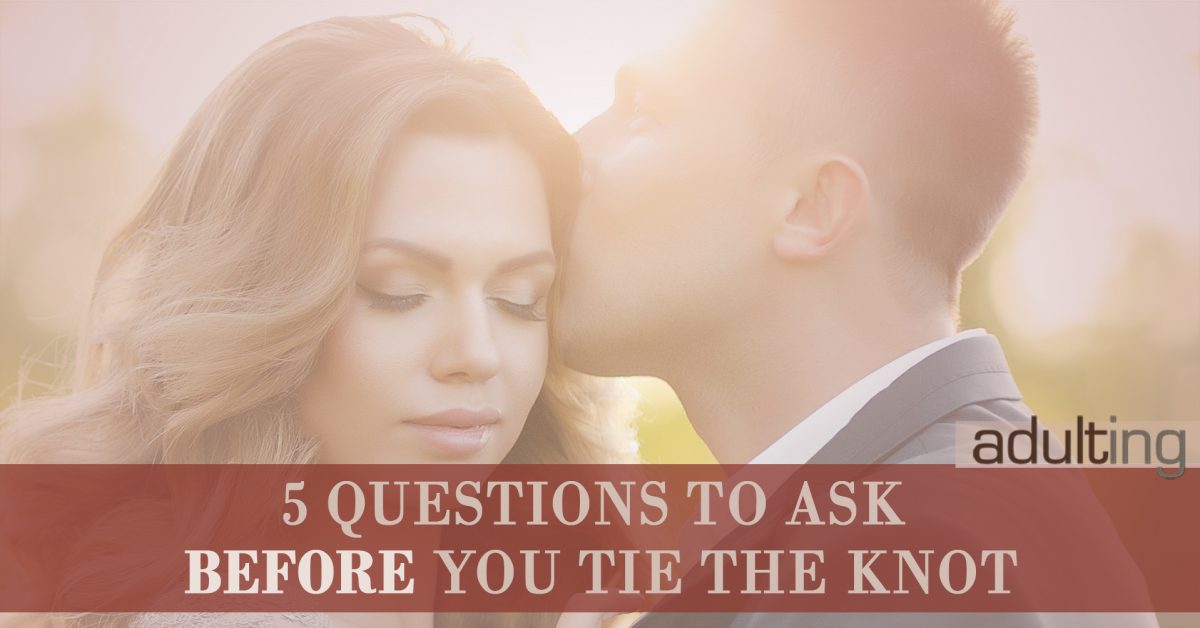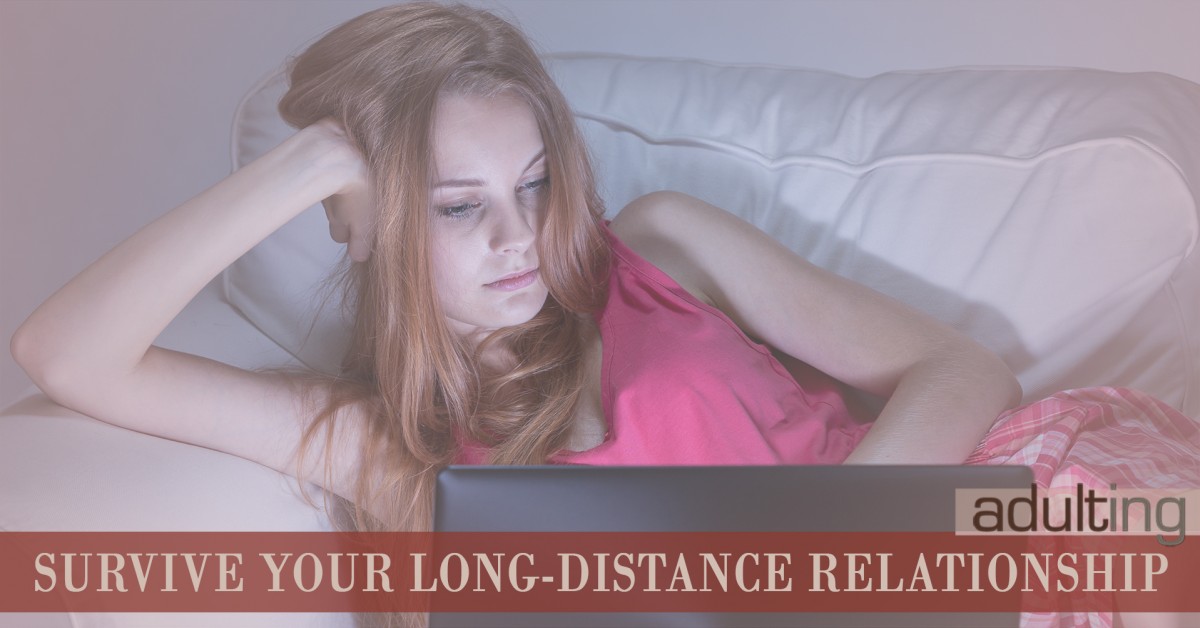The road to marriage can be fraught with uncertainty. Getting hitched is often the biggest decision a person makes in life. It’s easy to wonder if you’ve made the right decision – even as you walk down the aisle.
Much of that uncertainty can be avoided by with frank (read: probably uncomfortable) conversations in the early stages of your engagement. Here are five questions to ask before you start sending out wedding invites:
1. What’s your credit score?
Studies indicate that couples who have high credit scores are less likely to divorce, while those with divergent scores are more likely to split up. Money, stress, and infidelity are the top reasons for divorce, so it’s necessary for couples to discuss finances before they walk down the aisle.
A credit score can reveal how your partner handles their finances and how much they care. Credit reports show delinquent accounts, unpaid bills, and more. Your credit score reflects what’s in a credit report. It’s what lenders use to gauge a person’s creditworthiness. Think about it: if a bank won’t trust them with their money, can you?
2. Do you want kids?
In an era where being child-free is no longer as unusual as it once was, deciding whether or not to have kids is a conversation you should have before you tie the knot. If one of you wants kids but the other isn’t sure, that insecurity can spell doom for a relationship.
It’s also important to discuss how you want to raise your future children. You don’t need a dissertation on your parenting philosophy, but it may be helpful to talk about it beforehand. Fighting about the right way to parent is common for married couples and can lead to unnecessary dissent.
3. What do you want your future to look like?
Marriage is a decision you make for the present and the future, so it’s vital to know what kind of future you and your partner want. Do you want to move across the country or spend your youth traveling across the world? Do you want to settle down now and start your own business?
These questions can also depend on your significant other’s career. For example, if you’re married to someone in the military, your life may involve several cross-country moves or deployments. If your job is hectic, your partner may have to spend years waiting for you to get home at 10 p.m. That may not jive with an idea of a marriage where both people enjoy dinner together every night.
And what about retirement? If one of you just wants to have a house with lots of land and do a lot of sitting on the porch during retirement, but the other wants to get out and travel, things could get pretty strained with your relationship. If you’re working toward different life goals, it’s hard to work as a team.
4. Are you religious?
While millennials are less religious than older generations, religion can still be a dividing line for couples. This may seem minor while you’re dating, but you may encounter trouble if one person wants to spend Sunday mornings at church while the other sleeps in.
This problem can be compounded if you have children and differing opinions on what kind religious upbringing they should have. These are questions to ask when your religious traditions might be different enough to cause confusion for your future children. You need to be on the same page, and ready to give ground to the convictions of your partner — and your partner should be willing to do the same for you.
Couples who celebrate different religions should also discuss the possibility of conversion. Some partners may assume that their significant other is willing to entertain the idea, even though they may be blissfully wrong. Discussing this beforehand is essential to starting a marriage off on the right foot.
5. What bothers you about me?
In every relationship, there are qualities about your sweetheart that drive you crazy. Sometimes it feels easier to keep those comments to yourself instead of sharing them, but holding back can make you resentful and passive-aggressive.
Ask your partner what bothers you about them and share what you find annoying. The ensuing conversation will show how compatible you are, as well as how you deal with conflict and different expectations.
Asking these questions does not guarantee you’ll stay together forever, but maintaining an open line of communication can ensure a happier, healthier marriage. Talking about the important things is a good habit to cultivate throughout your life. What better time to start than now?










